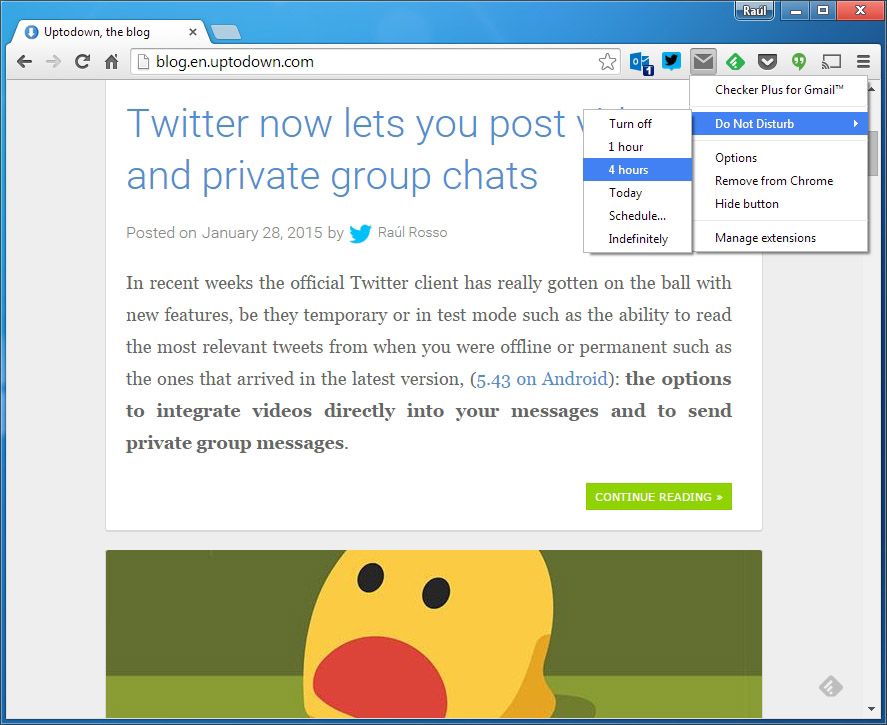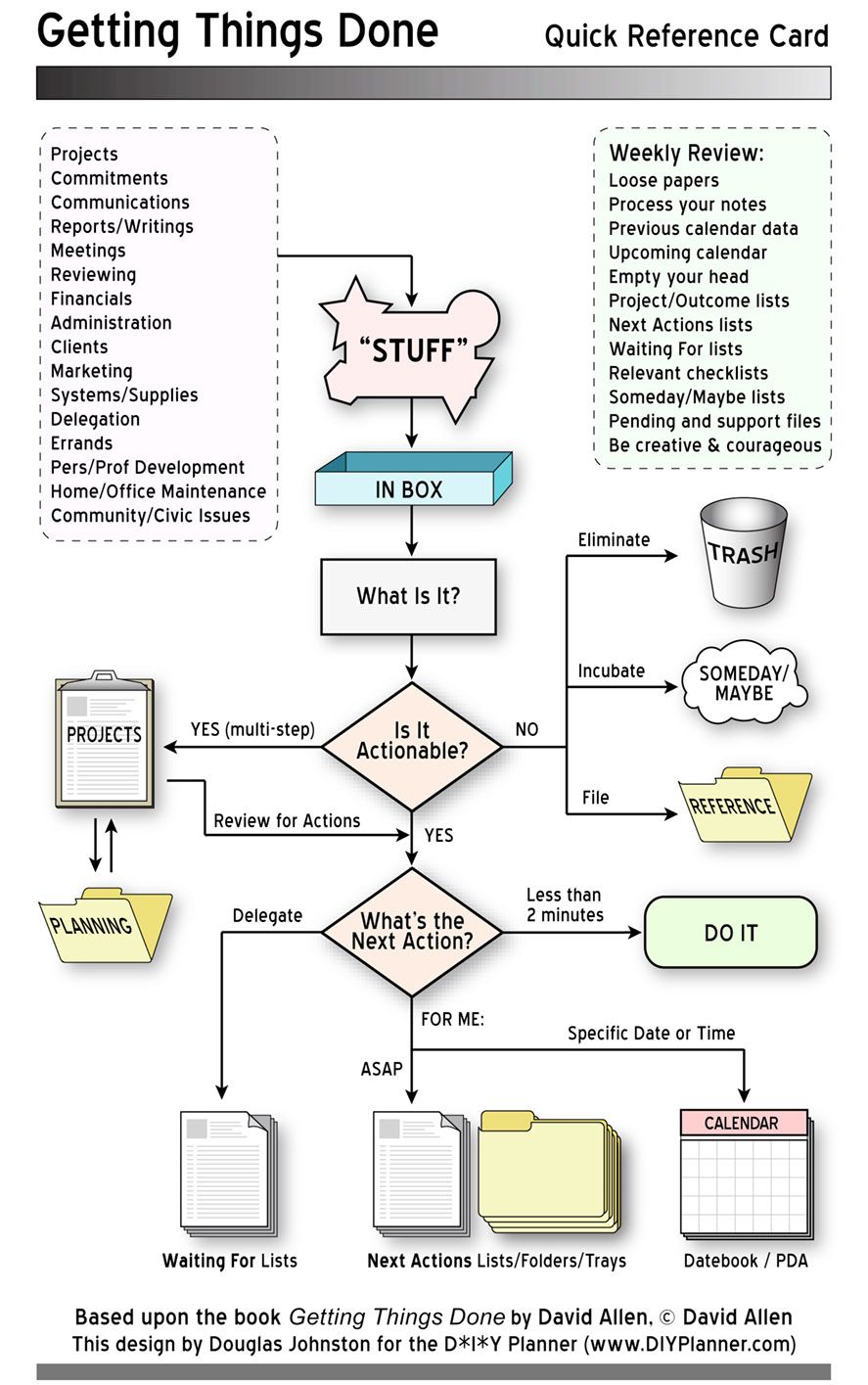Time is a scarce resource that tends to slip away when you’re sitting in front of your computer and trying to be productive in work or study. While there are no miracles to be worked or magic wands to be waved here, there are several methods to help you optimize and take full advantage of each workday using certain techniques, advice, and programs.
Hide email notifications
Constantly checking your email inboxES (note the plural) can quickly become torture if you’re getting notifications every few minutes on both your smartphone and your desktop. Unless you’re expecting an urgent email, a good solution is to silence all your inbox notifications for a certain period of time.

In the case of Android, from the official Gmail app you can deactivate the notifications for a certain account by opening the left drop-down menu and going to Settings > ‘Account Name’ > Notifications. This system will silence all your email notifications, but if you want to be a bit more selective you can filter by tag from the Administer tags section. Since your Gmail ‘learns’ how to automatically tag things as you tick incoming messages, this can work as a very effective system.
In the case of your desktop inbox, using Chrome alongside the Checker Plus plugin could be the ideal option, as you can view at all times the number of new messages you have in the upper part of the browser window. With regards to the extension, right-clicking on it will let you silence your email notifications for a set number of hours.
Use a page blocker
Ahhhh, self-control, that divine gift. It’s so easy to keep a tab open with Twitter to take a quick look now and then at the nonsense your mates tweet at you, but that doesn’t mean it doesn’t affect your concentration. Big problems need big solutions, and if you need to hide the bottle to stay away off the plonk, well, you do it, don’t you.
Cold Turkey is a simple, free tool for Windows that can block access to certain webpages for a specific time. You select the sites and set the block period, then click the button to accept (this may be the most difficult click of the mouse of your life), and you’ll be free of the juicy temptations of animated cat gifs on Tumblr, the sordid navel-gazing of Facebook, and (as of recently) access to the web version of WhatsApp.

Use minimalist word processors
Blank-page syndrome is every writer’s worst nightmare, but no matter how contradictory it sounds, the only way to get over it is to concentrate exclusively on that page and what you want to write. There are loads of minimalist word processors out there designed to shut down distractions as you work, displaying just the page and text you’re writing on the screen. OmmWriter is one of them, and even lets you apply a custom background or play relaxing background music while you work. (That last thing is taking it a bit far, though, let’s be honest.)

Turn to advanced time-management techniques
There are several systems out there for administering and making the best possible use of your time by following certain break plans and splitting up tasks into blocks. The GTD (Getting Things Done) system has you break up your daily tasks into a sequential process where you have to section off your brain and forget about every other task besides the one you’re doing at that very moment. The ThinkingRock app helps you do this by organizing your workflow based on a series of criteria that you set yourself.
Distributing your tasks with short interspersed breaks can be managed according to the pomodoro method (tomato in Italian, in reference to the classic kitchen clocks with that shape), which involves splitting your workday into equal blocks separated by a certain number of minutes to rest. This method lets you optimize and make maximum use of each ‘round’ of 20 minutes of activity. Programs like CherryTomato and Tomighty let you set Windows alarms that go off whenever you finish a pomodoro. We’ve already talked about all this concepts in greater detail before.








